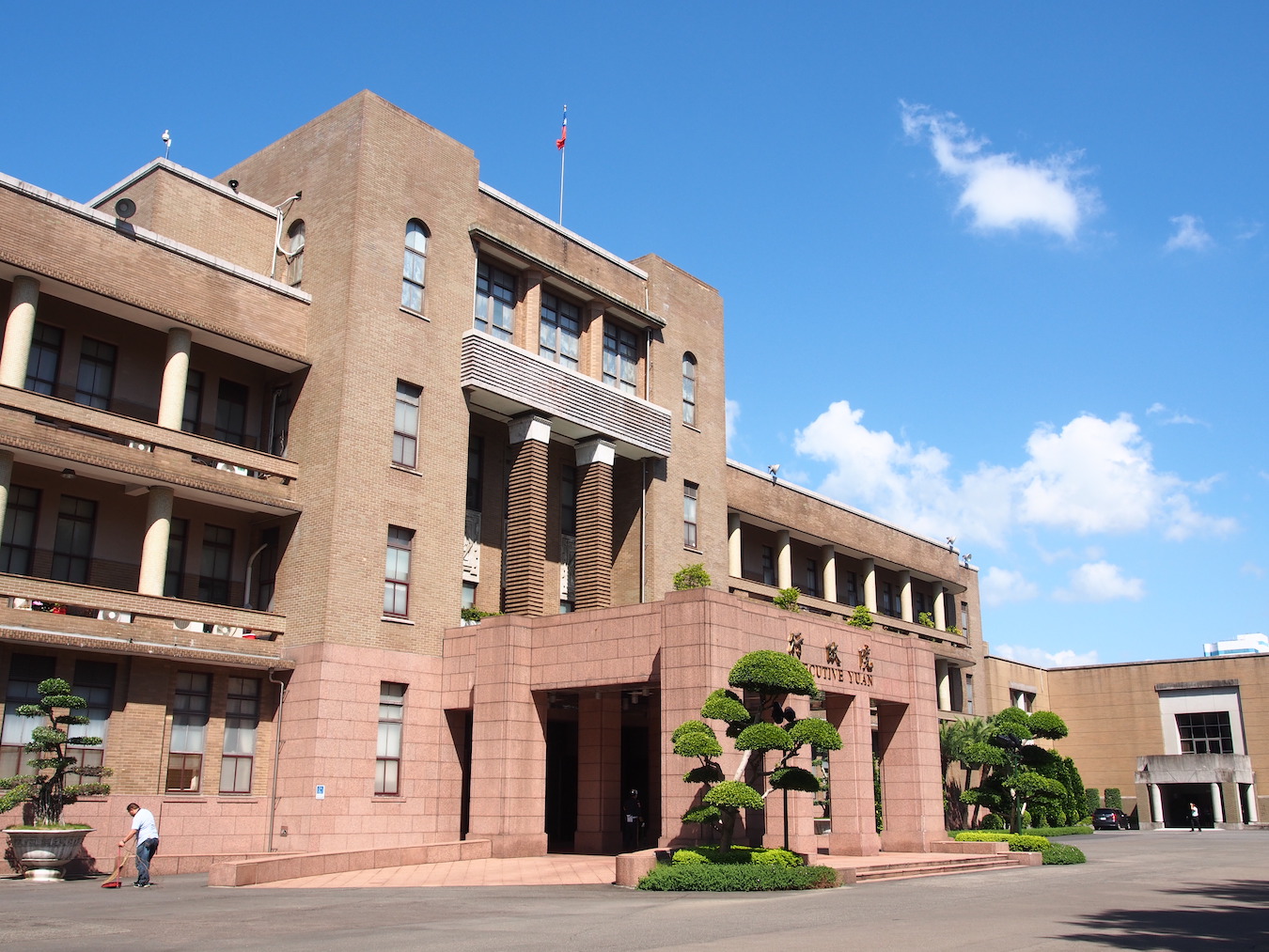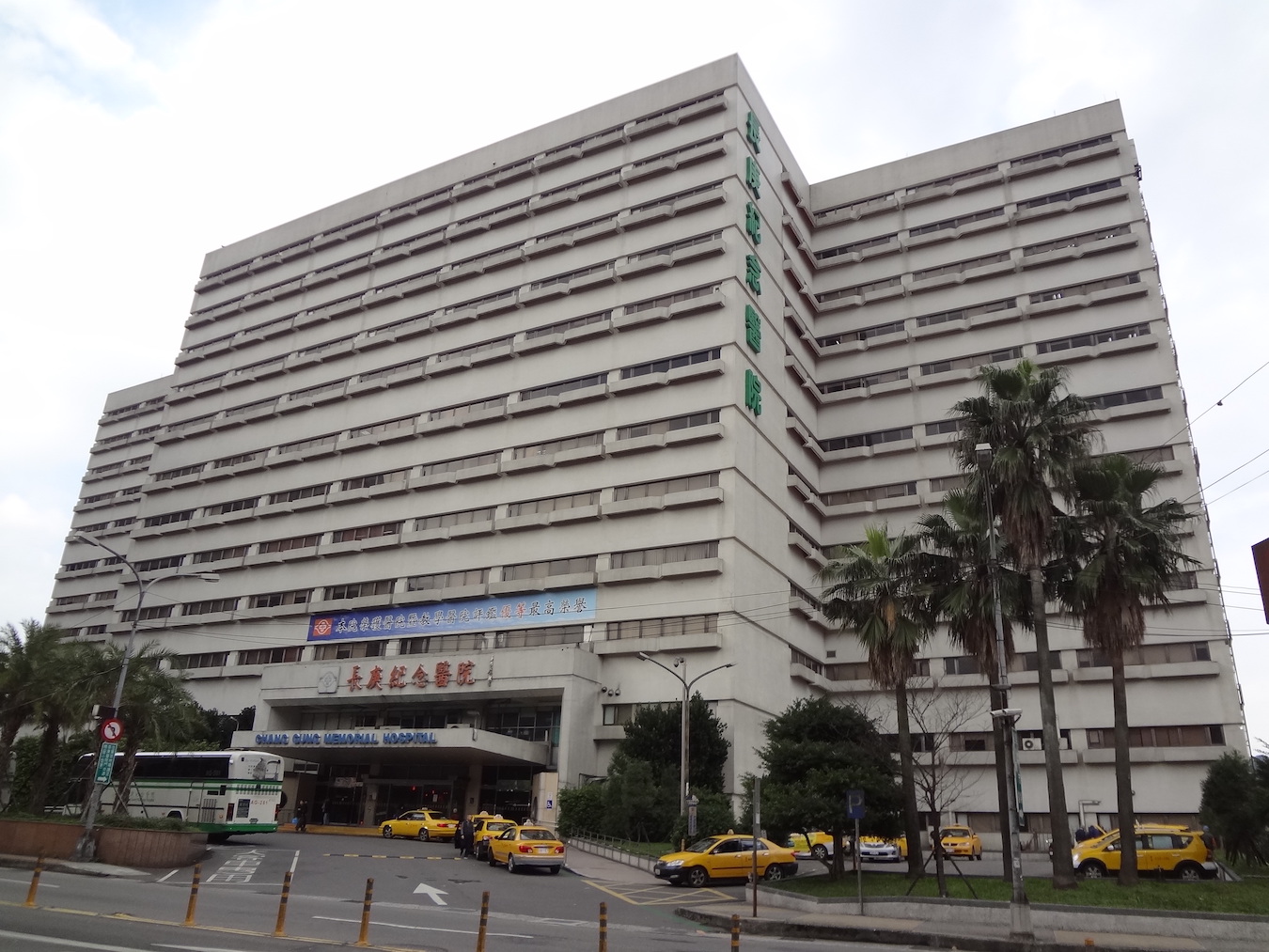by Brian Hioe
語言:
English
Photo Credit: Solomon203/WikiCommons/CC BY-SA 4.0
AHEAD OF ELECTIONS, the Executive Yuan has announced new measures intended to benefit the situation facing nurses.
Namely, working conditions for nurses have led to many nurses leaving their jobs, with 1,700 nurses quitting in just the first six months of this year alone. Taiwan has 318,254 licensed nurses, though only 185,900 are practicing nurses. However, as exacerbated by the COVID-19 pandemic, Taiwan is currently seeing the largest departure of nurses in thirty years. In consideration of the declining birthrate and rising elderly population leading to an increase in the number of medical staff that will be needed in coming decades as Taiwan becomes a super-aged society, this could lead to shortages of 24,000 nurses by 2024. Taiwan will need 240,000 to 260,000 nurses to meet needs for 2030, but that there are only 185,900 nurses suggests a significant shortfall.
The new measures will increase the subsidies for night shifts for nurses from 400 NT to 600 NT, which will increase from 600 NT to 1,000 NT for late night shifts. 2.5 billion NT would be allocated to pay for night shift subsidies for nurses, while 3.5 billion NT would be allocated to pay for subsidies for late night shifts. As demanded by nurses in the past, it is hoped that this will result in a three-shift system for nurses.
 The Executive Yuan. Photo credit: Venation/WikiCommons/CC BY-SA 3.0
The Executive Yuan. Photo credit: Venation/WikiCommons/CC BY-SA 3.0
This has been framed as increasing the monthly salaries for nurses who work night or late night shifts from 8,000 NT to 20,000 NT for twenty days. Namely, at present, nurses may make between 32,000 NT and 36,000 NT as a starting salary, which is lower than security guards or individuals in the food and beverage industry make. That it is well-known nurses make little and work hours is a contributing factor to nurses quitting their jobs, or why people do not want to work as nurses.
To this extent, a significant issue raised by nurses is that of poor nurse-to-patient ratios. The current ratio is between 1:13 and 1:15. According to surveys, nurses take care of 11.55 people during day shifts, 15.55 people during shorter night shifts, and 17.88 people during longer night shifts. Some nurses at regional hospitals have reported taking care of as many as 26 patients during night shifts.
However, nurse union representatives have pointed out in the past that Taiwan has among the highest nurse-to-patient ratios in the world. Taiwan’s nurse-to-patient ratio is higher than the US, Australia, UK, and Japan. A high nurse-to-patient ratio increases the odds of mortality for patients. According to research, if the number of patients being cared for increases from 4 to 5, this increases the mortality rate in 30 days by 7%. If the number of patients being cared for increases to 8, this increases the mortality rate by 31%.
The Tsai administration’s proposed solution to this issue is to, similarly, reward hospitals that maintain nurse-to-patient ratios set by the government with 1 million NT. However, it is to be seen as to the effectiveness of the Tsai administration’s measures when they do not revolve around reforming the work system for nurses at a fundamental level, but instead using cash incentives to try and change the existing system.
 Photo credit: Solomon203/WikiCommons/CC BY-SA 4.0
Photo credit: Solomon203/WikiCommons/CC BY-SA 4.0
After all, to begin with, nurse unions have called for three shifts to be set up for nurses in order to have a clear division of shifts for nurses. It is thought that this is a major contributing factor to overwork. Similarly, nurse unions have called for an increase in labor inspections so as to ensure that labor regulations are being followed. Indeed, it may be telling that the Tsai administration proposes not to punish hospitals that fail to maintain nurse-to-patient ratios, but to incentivize them to make changes–treating healthcare as a business in some form.
It remains to be seen as to the effectiveness of such measures. For its part, the KMT’s presidential campaign under Hou You-yi also called for improvements to the situation facing nurses, stating that healthcare spending should be increased to 8% of the GDP.
Nevertheless, the burden of COVID-19 has been especially heavy on nurses, particularly with nurses calling attention to how they have not always received subsidies they were promised for work. Similarly, nurses faced issues such as social stigmatization during this time, and so it is not as though cash rewards or increases to salaries can help with such issues. Yet it seems unlikely that the Tsai administration would be willing to rock the boat when it comes to reforms of the nursing system in Taiwan before elections, even if it is clear that it is interested in passing some measures in order to avoid criticism.

